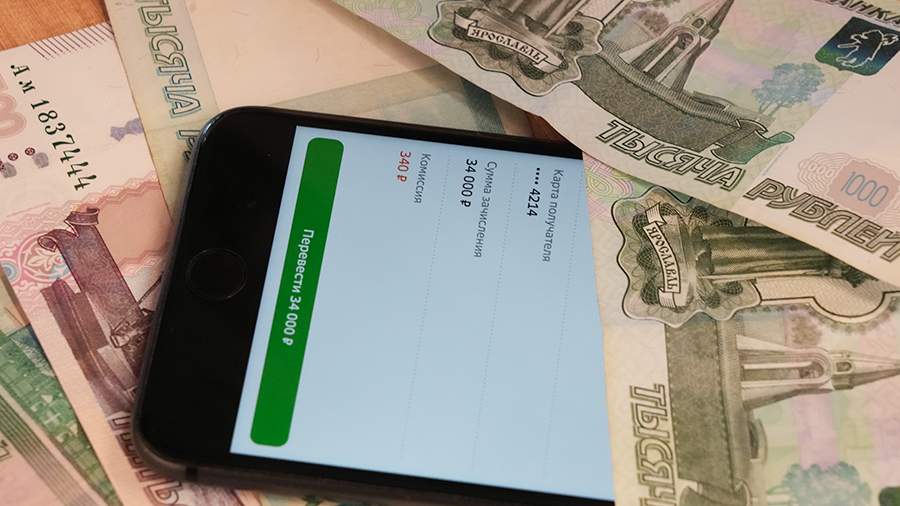The economist pointed out the risks of transferring money to acquaintances

Igor Balynin, associate professor at the Financial University under the Government of the Russian Federation, has pointed out the risk of transferring money even to acquaintances, if this was not agreed upon in a face-to-face meeting.
In a conversation with aif.ru on Tuesday, January 21, the expert reminded that, as a rule, fraudulent actions on the Web are carried out by people living abroad in unfriendly countries. They do it deliberately to harm Russians. In this regard, it is extremely difficult to bring them to justice, so it is important to be vigilant.
First of all, Balynin urged not to follow unknown links that come to the mail or in messengers, notes NSN. When making a purchase on a marketplace, it is important to pay attention to the correctness of links, as fraudsters can create phishing sites by changing just one letter.
"Never transfer money, even to an acquaintance if you didn't arrange it in person. Unfortunately, fraudsters already know how to use artificial intelligence and forge photos and in some cases even video images," Balynin emphasized.
The economist also urged not to send anyone a photo of your bank card, as fraudsters can make purchases with it. Also, one should not tell anyone the codes from the messages from banks and "Gosuslugi". He reminded that neither law enforcers nor bank employees can request these data. In addition, you should be sure to update the antivirus program on your computer, writes 360.ru.
If a person still became a victim of fraudsters, you should promptly change all passwords from key accounts and contact law enforcement officials. It is important to remember that only fraudsters can dissuade from contacting the police.
Also on January 21, a study by IT company Cyberprotect and business social network TenChat showed that more than half of Russians (62%) admitted that their elderly relatives have at least once encountered the actions of cyber scammers on the Internet, according to "Gazeta.Ru". A third (28%) of such cases were account hacking attempts, RT writes.
On the same day, the website kp.ru, citing experts, wrote that fraudsters have found a new way to obtain personal information through "Gosuservices". They convince people to give them remote access to their devices allegedly to update the mandatory health insurance policy (MHI). Attackers may ask to turn on a screen demo to change data on the "Gosuservices" portal. This should never be done.
At the same time, information security companies told Izvestia that cyberfraudsters have more often disguised phishing links as checks of employer services - to access the infrastructure of various organizations. The cybercriminals design the email as a request for employees to check a particular service or as a demand to confirm or change their passwords.
Переведено сервисом «Яндекс Переводчик»

